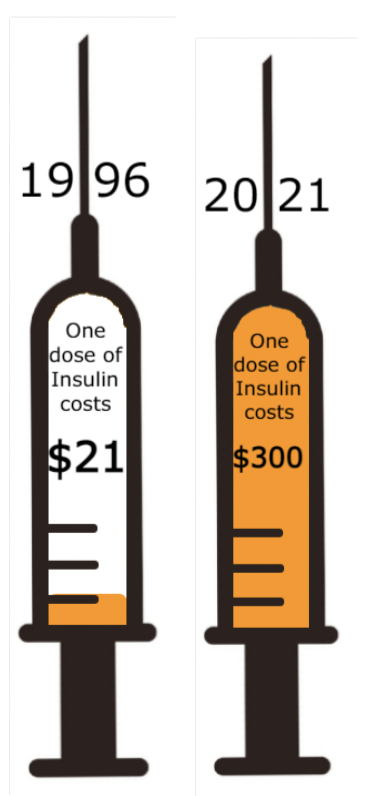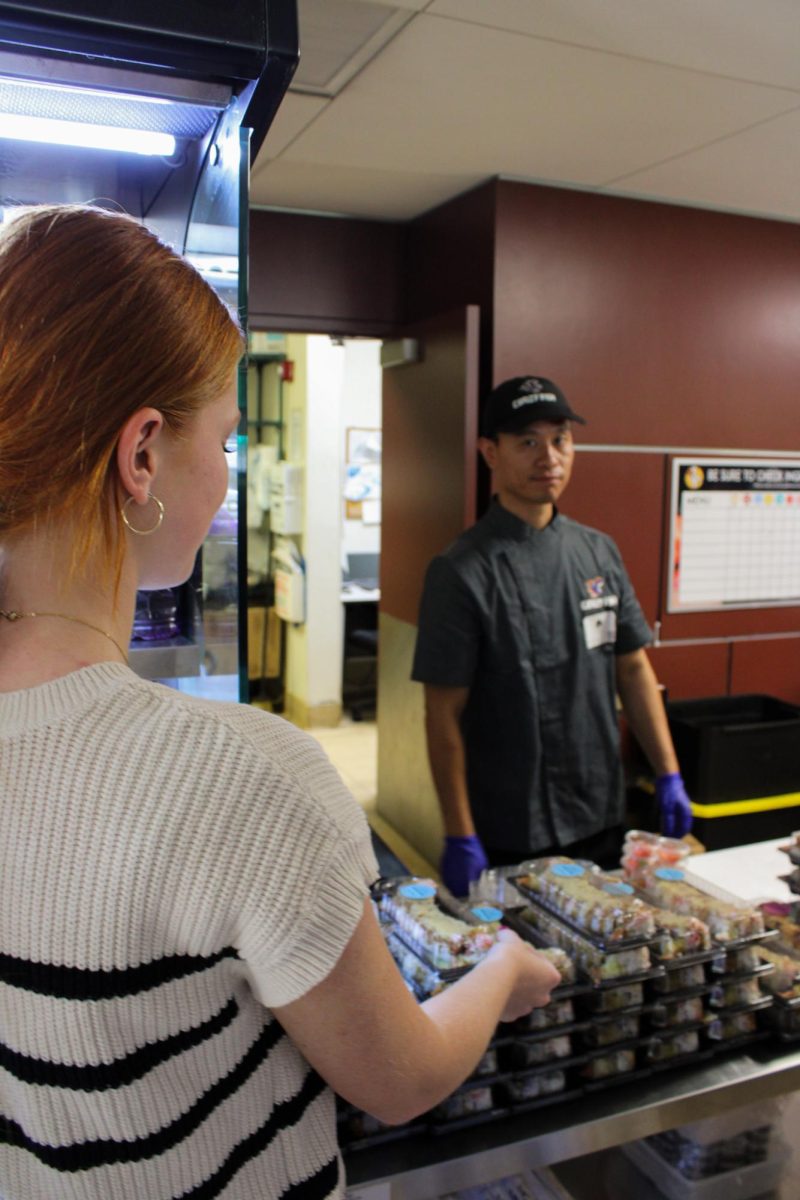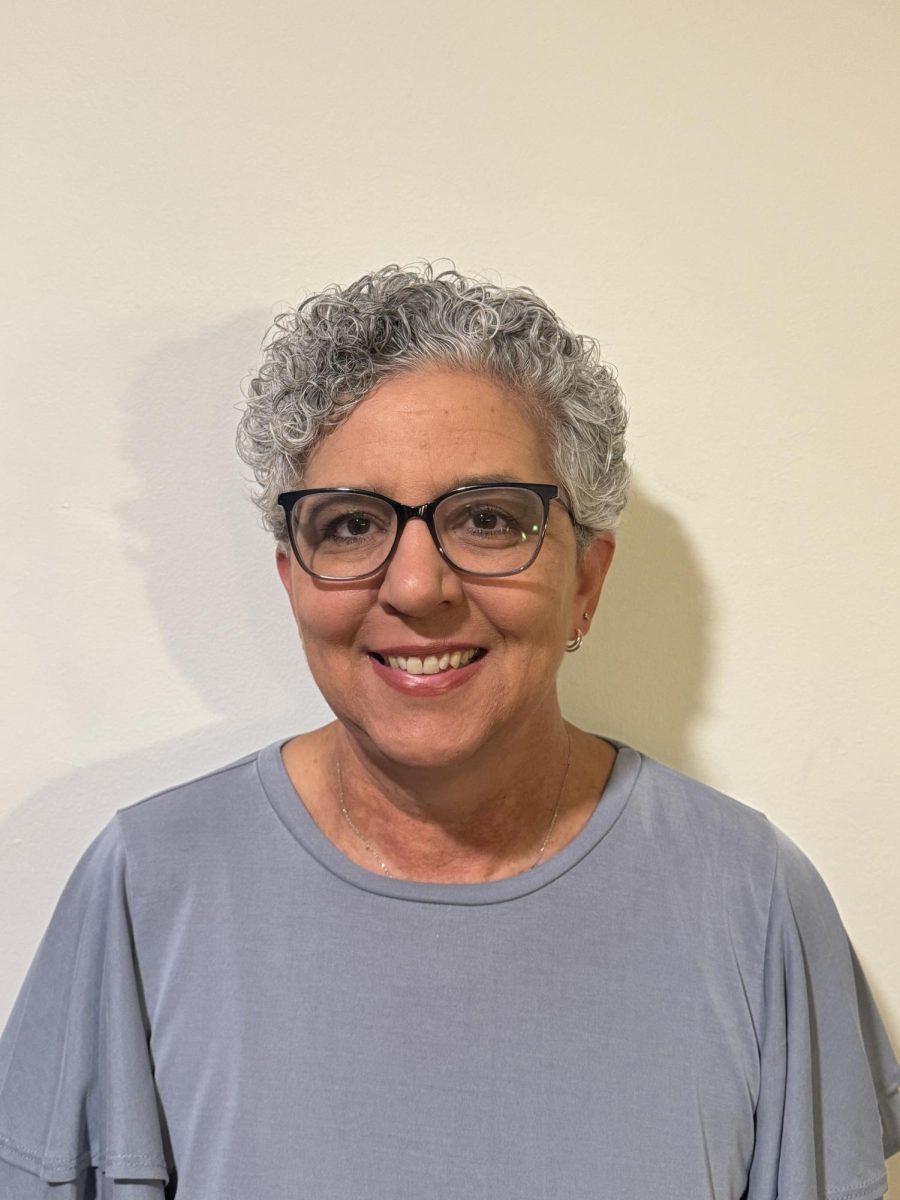At the start of this year, major drug companies Sanofi, Pfizer and GlaxoSmithKline announced plans to increase drug prices by as much as 10%. This statistic continues to climb as most drug manufacturing companies blame COVID-19 to justify price hikes.
“These early reports of price hikes are just the beginning of cost increases that Americans can expect in 2021,” executive director of the Campaign for Personal Prescription Importation Jack Pfeiffer said.
One of these major drug companies, Pfizer, has recently gained recognition because of its widely used COVID-19 vaccine in the U.S. In its report for 2021 prices, Pfizer said it plans to raise the prices of more than 60 drugs by 0.5% to 5%, with the highest increases on the more popular medications.
“This modest increase is necessary to support investments that allow us to continue to discover new medicines and deliver those breakthroughs to the patients who need them,” Pfizer spokeswoman Amy Rose said.
With a doctorate in molecular pharmacology, Science Department Chair Romina Jannotti said that one of the ways U.S. pharmaceutical companies justify the increases in price is through advertising. In more recent years, the number of advertisements for medication brands has increased, leading to more expensive advertising that raise costs. But instead of using the profits from those advertisements to fund the advertising, Jannotti said that drug companies actually make consumers pay for the costs of advertising.
“The company is not going to absorb those [advertising] costs,” Jannotti said. “They always pass those costs on down to the consumer, so that has added to the price of drugs.”
Jannotti also explained another way that drug companies deceive consumers into thinking that certain price increases are justified. She said that oftentimes universities will work with pharmaceutical companies to patent their work. While the company owns the patent and also its information, the research, which is conducted by the university, is funded by the taxes funneled to that university. The company uses the university’s research which is funded by taxes, not by drug price increases like they sometimes claim.
“The pharmaceutical industry claims to jack up prices for consumers because they claim that they’re spending all this money in research and development, but the truth is that a large proportion of the drugs that make it to market are actually from taxpayer funded research,” Jannotti said.
With drug prices so high and continuing to rise, people who have life-threatening conditions often struggle to afford their medications. Freshmen Sofia Malik and Lauren Lemieux both have severe peanut allergies, so they have to always have medication on hand.
“Without the EpiPen, my throat would close and I’d probably die, so it’s important that I carry it at all times,” Lemieux said.
The price of EpiPen rises every year, and since the drugmaker Mylan came out with the drug in 2007, the price has increased from $94 to $609. According to Malik, insurance doesn’t cover this cost, so every year people with allergies have to pay this price out of pocket twice for the two doses required to keep on hand.
“A lot of people in America today have a lot of allergies, so [Mylan] is monopolizing the production and increasing the price because people need it,” Lemieux said.
With Mylan being almost the sole producer of this drug, the company can raise the prices every year and force people to buy EpiPen out of necessity.
“I just think that it shouldn’t be monopolized,” Malik said. “You need it. The price shouldn’t be as high, but I don’t know what you can do about that.”
Many people who can’t afford their medications are forced to go without it, and because of this, programs have been put in place to make medications more affordable. Pharmaceutical companies offer a rebate program if you qualify under certain conditions where you can get medications for less money or even for free. But Jannotti said that this creates large differences in prices depending on who’s paying.
“You’re looking at a patient and saying, ‘you can afford it so we’re going to charge you 10 times as much as the person who can’t afford it,’” Jannotti said. “Why not just get rid of all these programs altogether, figure out how to get rid of expenses in the process that are unnecessary, and bring the cost down for everybody and charge everybody the same.”
As recently as Feb. 12, new bills have been proposed to help stop these rising drug prices by going after the drugmakers themselves. In this non-partisan effort, the bills would put an 80% tax on the drug price increases that aren’t justified by improvements made. With the taxes from this proposed bill, programs to help more people afford their medications would be put in place rather than these new taxes going to the government. The goal of these taxes is to force drug companies to really evaluate how much they are increasing their prices each year for legitimate versus unreasonable reasons.
“The pharmaceutical industry does great things, [especially with] the COVID-19 vaccine,” Jannotti said. “But I think these companies can still make profits and put the patient’s interests in mind first.”















